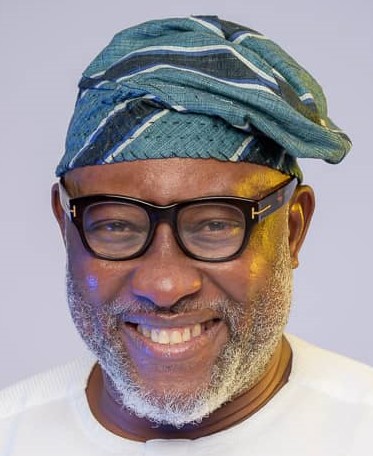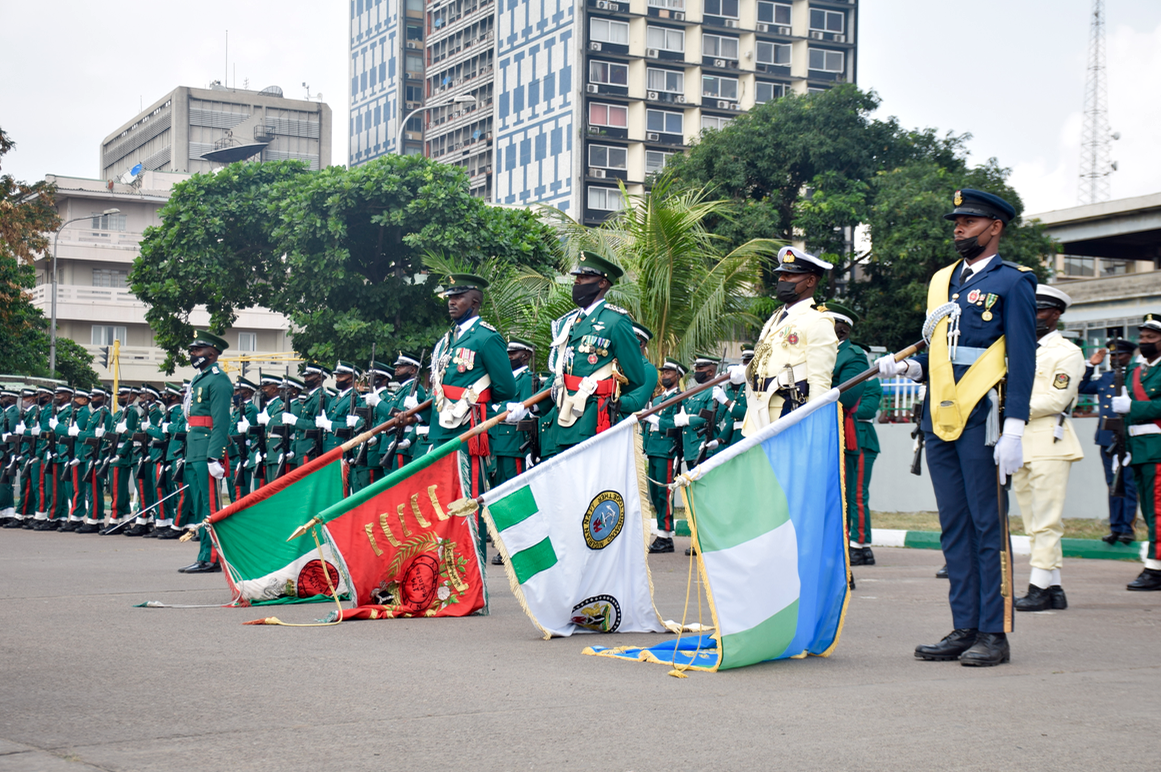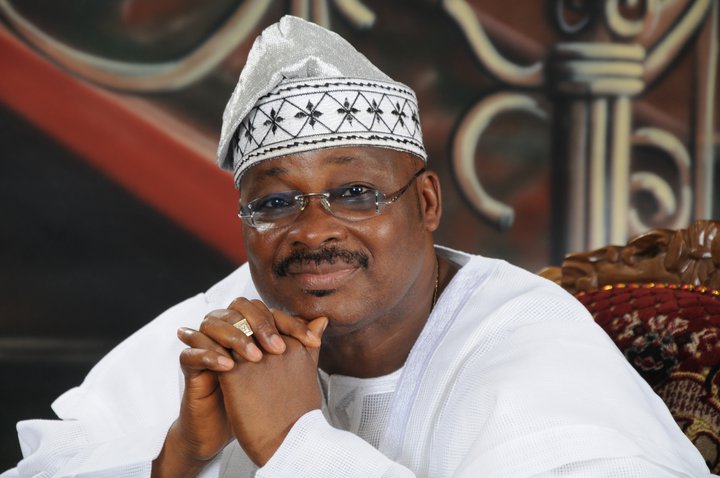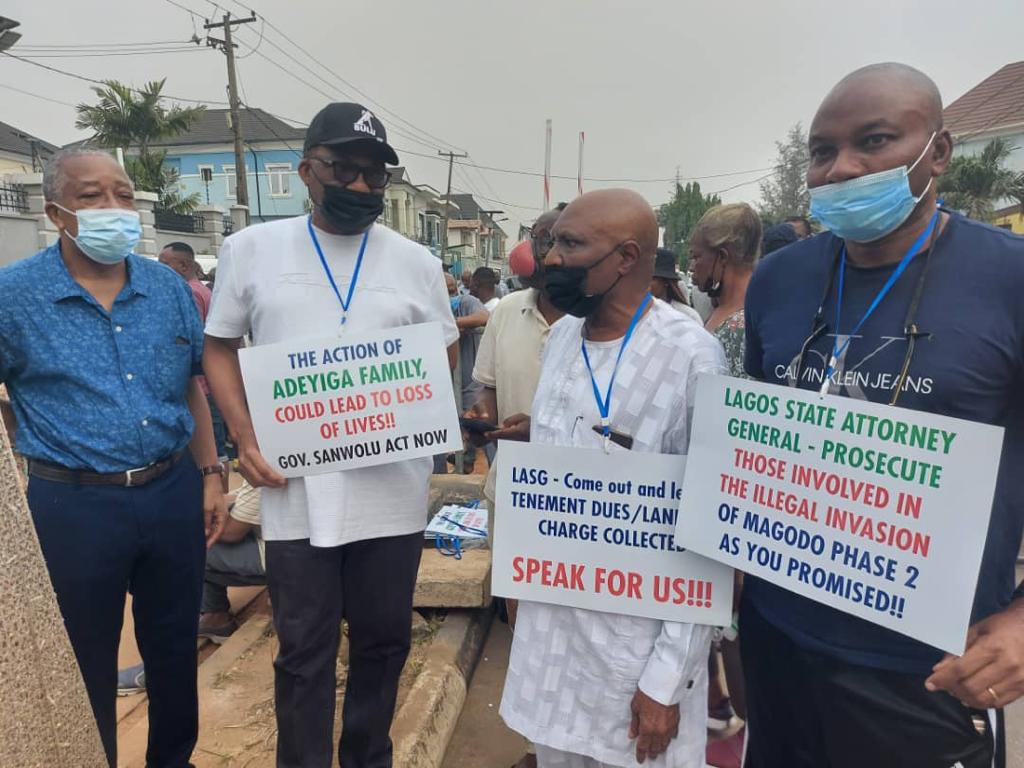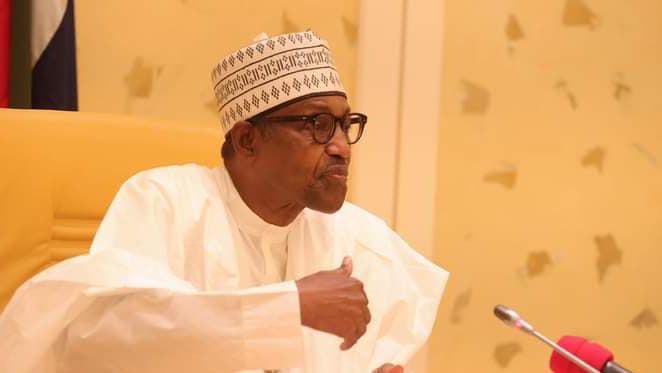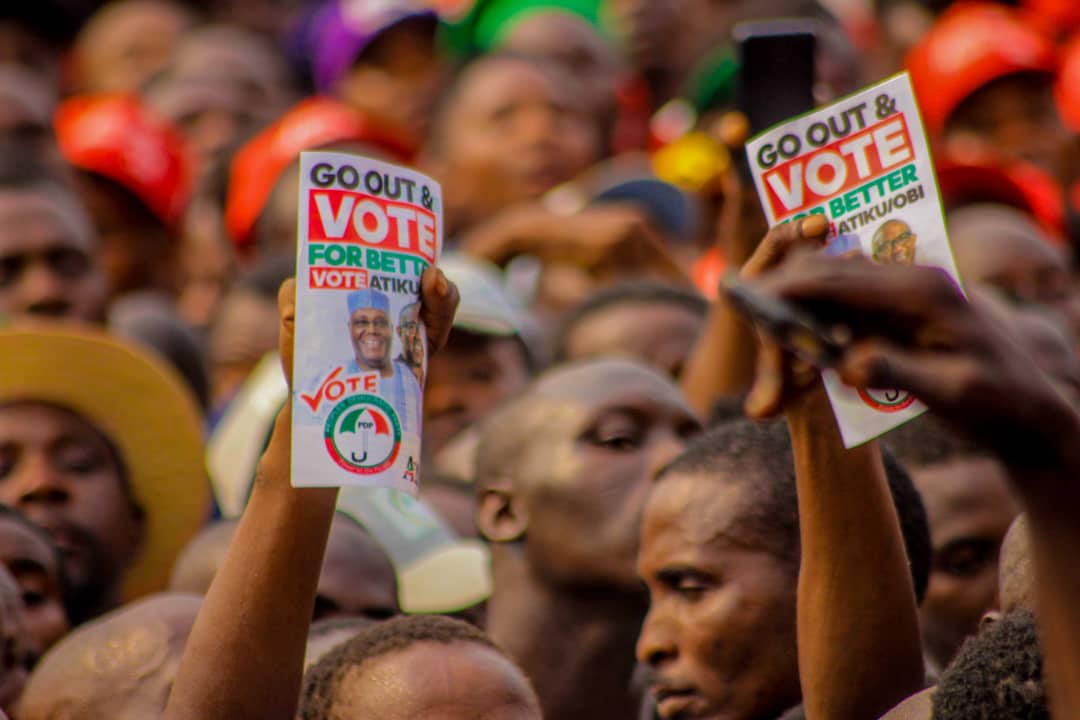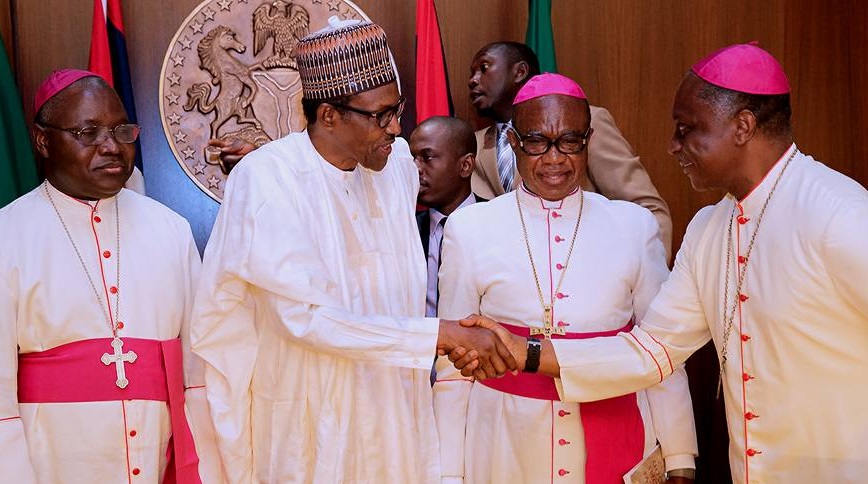Two critical elements determine the strength of a nation – the nation’s economy and its armed forces. Of course, the citizenry remains the fulcrum and major driver of the aforementioned duo. It is no coincidence that in a lot of cases, the most prosperous nations also have strong and formidable military forces. This implies that the two elements – economy and armed forces – are inexorably linked, one reinforcing the other, ceteris paribus (all things being equal).
Conversely, for struggling economies of developing nations, their military, no matter what the various governments want to do to fortify them, often remain, and sadly so, unequal in capacity, reach and sophistication in comparison with their more prosperous counterparts.
Invariably, a strong economy needs a strong military to ward off external aggressors. It is also needed to keep internal rebels and local malcontents who may want to destroy the country, for whatever reasons, at bay. This is a given, taking into cognizance the ever-increasing competitiveness of nations across the globe.
In the context of the foregoing, Nigeria, the most populous black nation on earth, is no exception to the aforementioned. Ours is a developing economy whose military is also a modest one, though efforts have been made over the years by successive administrations to make it a truly formidable and competitive one.
Advertisement
At the continental level, the country’s military has recorded incredible feats during peacekeeping operations either through the agency of ECOWAS or the instrumentality of the African Union. At the risk of being immodest, the Nigerian military remains essentially one of the strongest armed forces on the continent despite the challenges it has been faced with in the last couple of years in the hands of outlaws hell-bent on the disintegration of the country.
As stated above, it is public knowledge that the Nigerian armed forces have been facing a lot of strain and stress for over a decade now, starting from 2009 when Boko Haram insurgency birthed in Borno state in Nigeria’s north-east before it escalated to the extent that the insurgents almost brought the nation to its knees, coupled with the menace of industrial-scale banditry in the north-west and many other forms of violent and criminal activities across the other geopolitical zones of the country.
Perhaps it is safe to say that the Nigerian armed forces – the army, navy and airforce – remain the most engaged on the continent in the last few years because of the multiple battles officers and men of the forces have had to fight simultaneously to keep the territorial integrity of the country intact and ward off multiple forces of evil whose principal ambition is to liquidate the country. But for the sacrifices of the Nigerian military, the country might no longer be in existence as one entity today.
Advertisement
In the course of fighting the Islamic terrorists be they of Boko Haram ancestry or that of ISWAP as well as cross-border bandits and kidnappers, which is an asymmetric non-conventional warfare, our armed forces have suffered untold losses in human and material forms which has led to a loss of fighting morale and sometimes occasional weariness. A couple of them have lost lives on the battlefronts while there is a handful of them suffering from one trauma or the other. Their relatives, families and dependents have also experienced grief from the loss of these gallant men and officers of our armed forces.
There is certainly no doubt that the loss of morale will impact negatively on the fighting spirit of the men and officers of our armed forces. It is also a given that a battle-ready military is always high on morale. Therefore, the Nigerian government and the leadership of the armed forces must do everything within their fold to ensure that whatever is required to boost the morale of our military men must be done, because without them standing guard and watching over all of us, it would not take long before the country goes kaput.
To boost the morale of our armed forces and ginger their fighting spirit and capacity, the government must learn to prioritize their welfare, provide adequate logistics for them and also ensure that they are equipped with state-of-the-art facilities for warfare as the terrorists and bandits are also not relenting in the acquisition of sophisticated weapons. Since the arrival of the Tucano bomber jets, one can tell there has been a significant increase in the onslaught against the murderous marauders. Kudos to the federal government in this regard. But like Oliver Twist, the Nigerian armed forces need more of such uber-ballistic missiles to exterminate these terrorists and their cousins – the so-called bandits who, on account of their heinous crimes, don’t deserve to live.
Everything must be done to continue to boost the morale of the military, through prioritization of their welfare and regular meeting of requirements that will enhance their logistics. In this regard, one must commend the chief of defence staff, Leo Irabor, whose office has devised other means, beyond the regular, to also provide support for men and officers of the armed forces and the fallen heroes, who have paid the supreme price.
Advertisement
The initiative by the CDS, ‘Tribute To Our Troops’ or TTOT, which debuted last year, is a welcome development and commendable intervention. According to the brains behind it, TTOT, which is similar in concept to the United States of America’s Tributes to the Troops, is meant to “honour our fallen heroes, celebrate our serving men and women that fight endlessly to keep the territorial integrity of our dear nation Nigeria intact”.
More tellingly, TTOT is organised to coincide with the Armed Forces Remembrance Day which is usually celebrated every January 15 by the federal government as a way to pay tribute to officers and men of the armed forces who have paid the supreme price in the course of their defending the territorial integrity of the country. This year’s celebration, which started on December 18, 2021 and it’s being featured on DSTV channels, will end on January 15. In all honesty, nothing set aside in remembrance of our fallen heroes and celebration of those in the line of battle, fighting to defend our nation, the people and our property can be said to be too much. I will say all Nigerian troops at the frontiers across the length and breadth of the country should be celebrated every day, for they truly deserve it.
All that said, while celebrating our men and women and officers of the armed forces and also remembering the fallen ones is good, it is also imperative that public trust be restored between the armed forces and the citizenry. It is disheartening when one reads on social media how Nigerians no longer have confidence in the troops because they do not seem to know about the myriad of exploits by our men at the battlefront as a result of non-factual reportage of their operations. I am of the contention that this public trust, when restored, will help Nigerians to appreciate their armed forces more and also do everything humanly possible to provide the needed support for them.
As I have argued elsewhere, one surest way to restore this public trust is for the defence headquarters to embed defence correspondents in the theatre of war with full protection so they can report accurately and factually the operations and activities of our men and officers at the battlefronts. A situation where there is repeated misreporting or underreporting of the gallantry of our troops, with possible setbacks magnified, is a great disservice to them and the nation at large.
Advertisement
I enjoin the military authorities to take up this responsibility as it used to happen in decades gone by when Nigerian journalists like Juliet Ukpabiala and Onuorah Madu both of The Guardian were on the battlefield with our troops reporting their exploits on the field as well as providing encouragement and succor to those at home. I am often comforted by one of the lines in the old national anthem which aptly says’ ‘Though tribe and tongue may differ, in brotherhood we stand’.
Adefeko who wears three caps and plays in the area of agriculture as vice president, corporate and government relations; Olam International Nigeria, advocacy as chairman, export group NACCIMA and diplomacy as honorary consul of Botswana Nigeria
Advertisement
Views expressed by contributors are strictly personal and not of TheCable.
Add a comment
